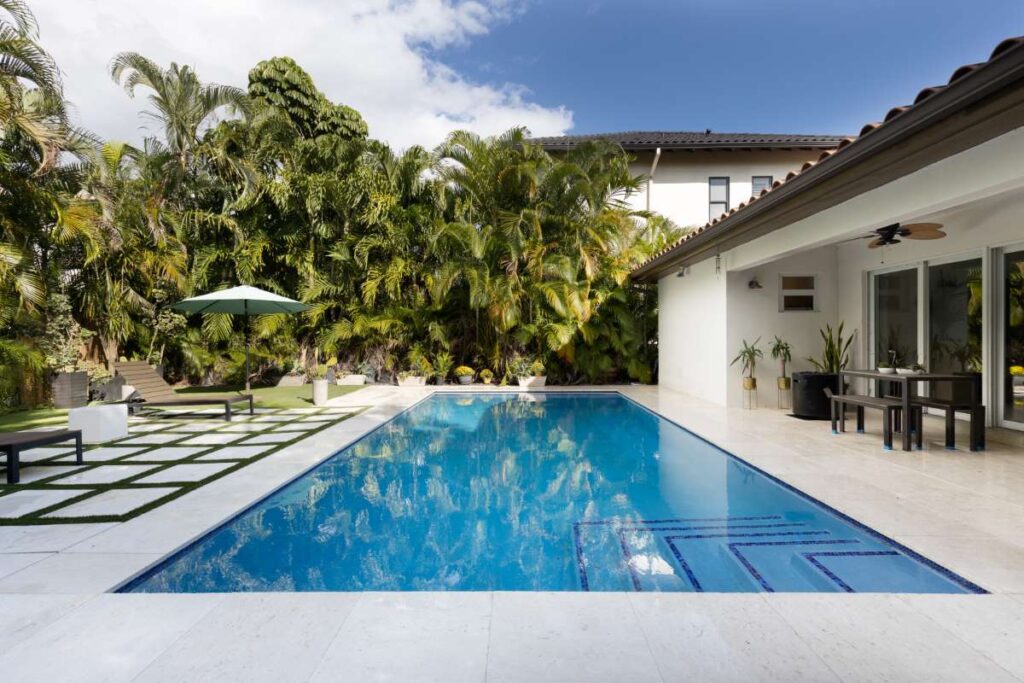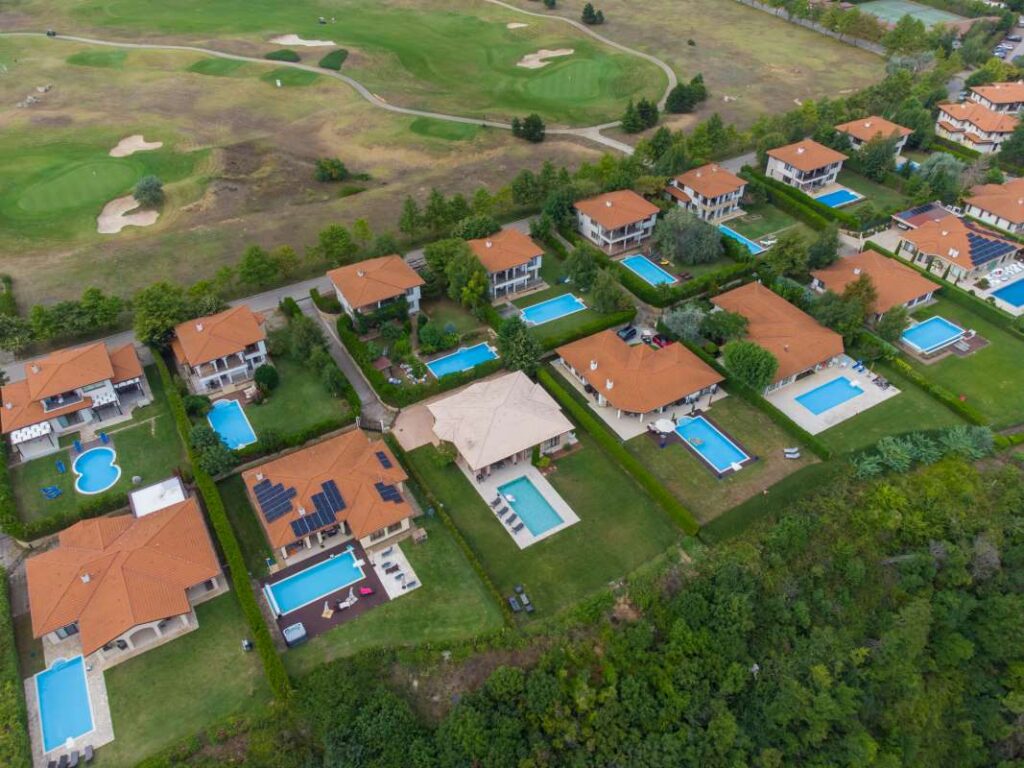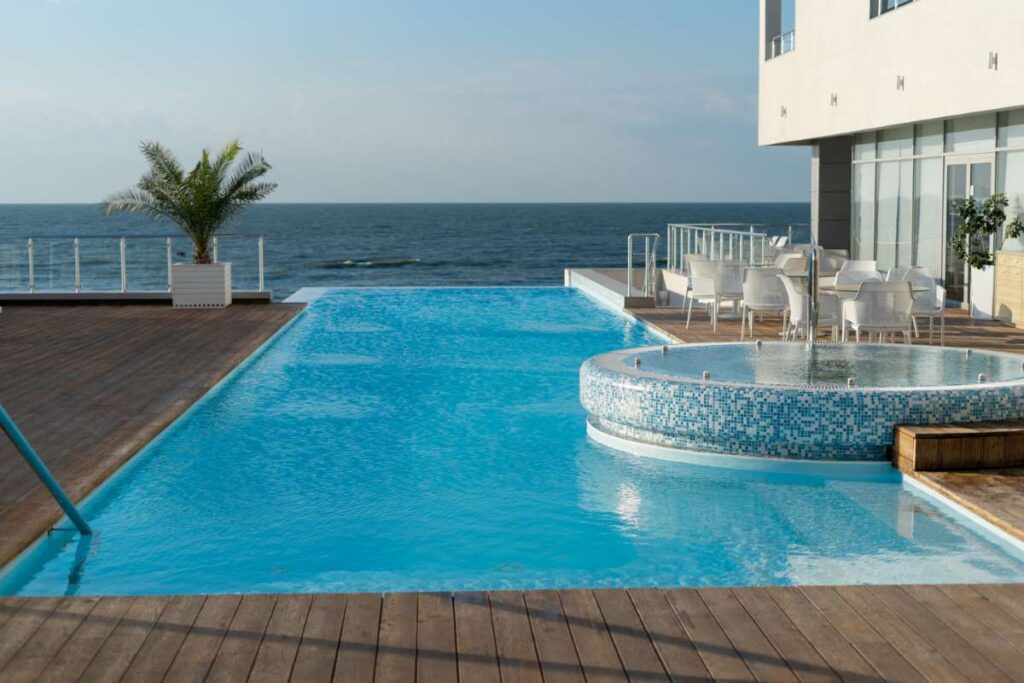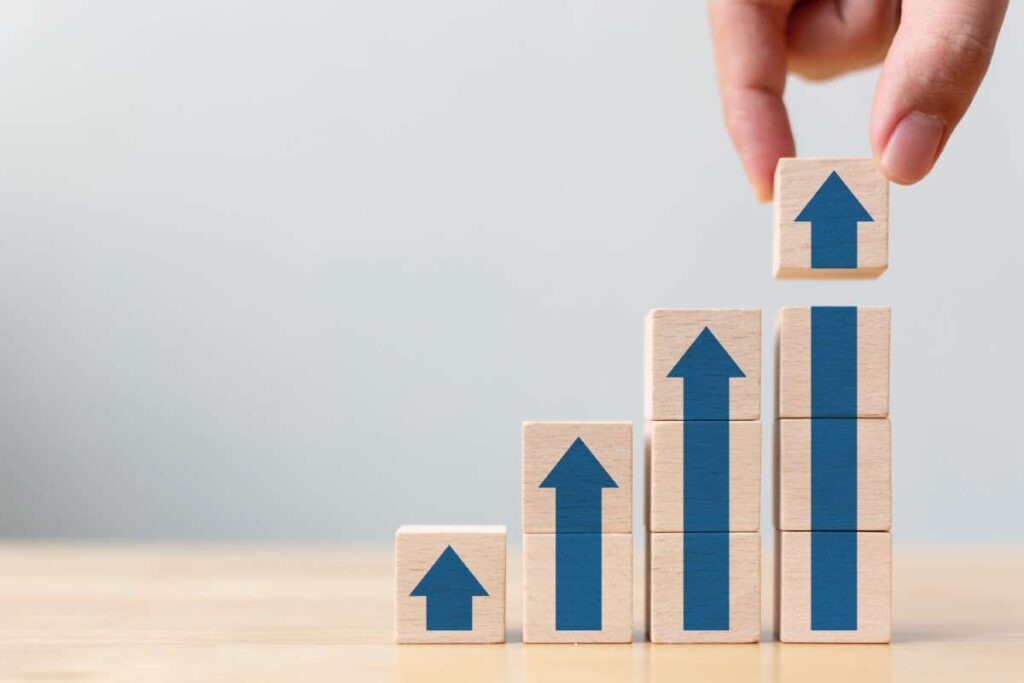Learn the essential steps in pool cleaning with this comprehensive guide to training for pool route professionals. Get insights into the process, skills, and tools involved in keeping pools clean and clear.
Understanding Pool Cleaning Steps: Training Overview
In this blog post, we will take a deep dive into the pool cleaning process, exploring the essential training that prepares professionals for success in maintaining pools. Whether you’re new to the pool service industry or seeking to expand your knowledge, understanding the core steps of pool cleaning is key to providing top-notch service. From cleaning filters and balancing chemicals to maintaining equipment and safety practices, this guide will equip you with the skills and knowledge you need to succeed in the pool maintenance business.
Introduction
The pool cleaning industry is a rapidly growing field that provides essential services for homeowners, businesses, and property managers. As more people invest in pools, the demand for skilled professionals to maintain these pools has increased significantly. Pool cleaning involves a series of steps that ensure the water remains clear, safe, and inviting.
Training for pool cleaning can vary from one company to another, but the fundamentals remain consistent. Understanding how to perform each step in the pool cleaning process is crucial for delivering high-quality service to customers and keeping pools in optimal condition. For professionals, mastering these steps can also lead to greater job satisfaction, better customer relationships, and a more successful business.
In this post, we will break down the key training components involved in pool cleaning, covering everything from water chemistry to equipment maintenance. We'll also explore how companies like Superior Pool Routes provide valuable training to help pool cleaning professionals succeed.
Step 1: Understanding Pool Equipment and Systems
A successful pool cleaning professional must first understand the components of a pool and how they function. Pool systems are made up of several different parts, each playing a crucial role in keeping the water clean and safe. Familiarity with these components is essential for both cleaning and troubleshooting. The most common systems include:
- Filtration System: The filter removes debris and contaminants from the water. It's important to know how to clean and maintain filters to ensure they continue functioning properly. Common types of filters include sand, cartridge, and diatomaceous earth (DE) filters.
- Pump: The pump circulates water through the filter and the rest of the pool system. A well-maintained pump is essential for efficient filtration.
- Heater: Some pools have heaters to maintain a comfortable water temperature. Understanding how to clean and maintain the heater is also part of the pool cleaning process.
- Chemical Treatment System: Many pools use automatic chemical feeders to maintain the proper chemical balance in the water. Knowing how these systems work can help ensure the water is safe for swimmers.
Training on these systems typically covers how to troubleshoot issues, replace faulty components, and maintain the equipment to ensure optimal performance. Superior Pool Routes offers an in-depth Pool Routes Training program that covers pool system functions, water chemistry, and more.
Step 2: Pool Water Chemistry
One of the most important aspects of pool cleaning is maintaining proper water chemistry. If the water is not properly balanced, it can lead to a variety of problems, including algae growth, cloudy water, and skin irritation for swimmers. Pool water must be carefully balanced with the following chemicals:
- Chlorine: The primary sanitizer used to kill bacteria and other pathogens. Proper chlorine levels are critical to ensuring the water is safe for swimming.
- pH: The pH level of the water determines how acidic or alkaline it is. The ideal pH range for pool water is between 7.4 and 7.6.
- Alkalinity: Alkalinity acts as a buffer to help stabilize the pH level. A proper alkalinity level is crucial to preventing pH fluctuations.
- Calcium Hardness: Calcium hardness refers to the amount of dissolved calcium in the water. Low calcium levels can lead to equipment damage, while high levels can cause scaling.
Pool cleaning professionals must be proficient in testing and adjusting these chemical levels. Training programs often teach the use of test kits and how to properly add chemicals to the pool. Understanding how each chemical affects the water and how to maintain proper levels is essential for a pool cleaning professional's success.
Superior Pool Routes provides an effective platform for pool cleaning professionals to learn the intricacies of water chemistry through their extensive Pool Routes Training program.
Step 3: Cleaning the Pool
Once the equipment is in good working order and the water chemistry is balanced, it's time to clean the pool. This step involves several different tasks, each designed to remove debris and keep the pool clean. These tasks include:
- Skimming: Using a net to remove debris from the surface of the water, such as leaves, bugs, and twigs.
- Brushing: Brushing the walls, steps, and floor of the pool to remove dirt, algae, and other contaminants. Pool surfaces can become slippery and harbor algae if not properly scrubbed.
- Vacuuming: A pool vacuum is used to clean the pool's floor and walls, removing dirt and debris that sinks to the bottom.
- Cleaning Skimmer Baskets: The skimmer basket collects debris that is filtered out by the pool's circulation system. Emptying and cleaning the basket is an important part of pool maintenance.
Training programs, like the one offered by Superior Pool Routes, cover these cleaning steps in detail, helping professionals learn how to clean pools efficiently and effectively. The goal is to provide high-quality cleaning service with minimal disruption to the customer.
Step 4: Maintaining Pool Equipment
Maintaining pool equipment is essential for prolonging the life of the pool and ensuring that it functions properly. A pool cleaning professional must be familiar with the maintenance requirements of the pool’s equipment and know how to perform routine maintenance tasks. These tasks may include:
- Cleaning Filters: Regular cleaning of pool filters is necessary to ensure that they continue to trap debris and maintain proper water circulation.
- Lubricating O-rings: O-rings are found in many pool components, such as pumps and filters. Lubricating these parts helps prevent wear and tear and ensures smooth operation.
- Checking for Leaks: Pool professionals should regularly inspect the pool equipment for leaks, cracks, or other signs of damage.
- Inspecting Pool Lights: Pool lights need to be checked for functionality and safety.
These maintenance tasks help pool service providers deliver high-quality service and keep their clients' pools running smoothly. Pool Routes How It Works includes training in the maintenance of equipment, which is critical for preventing issues and reducing repair costs in the long term.
Step 5: Customer Service and Professionalism
While the technical aspects of pool cleaning are important, customer service is equally vital to the success of a pool service business. Building strong relationships with clients and providing excellent customer service is key to ensuring repeat business and gaining referrals. This includes:
- Communication: Clear and consistent communication with clients is essential. Professionalism in answering questions, scheduling appointments, and addressing concerns is crucial.
- Punctuality: Arriving on time for pool cleaning appointments helps establish trust and reliability with clients.
- Problem Solving: Pool cleaning professionals should be able to troubleshoot issues and offer solutions to clients’ pool-related problems.
Superior Pool Routes provides ongoing training in customer service, helping pool professionals develop the skills necessary to build long-lasting relationships with clients. Their Pool Routes Is It Right For Me? page outlines the skills and qualities that successful pool cleaning professionals should possess, including a strong customer service orientation.
Conclusion
Becoming proficient in pool cleaning requires a solid understanding of pool equipment, water chemistry, cleaning techniques, and customer service. With the right training and experience, pool cleaning professionals can build a successful career while providing invaluable services to homeowners and businesses.
If you're looking to enter the pool service industry, or if you want to expand your existing business, consider the comprehensive training and support offered by Superior Pool Routes. Their Pool Routes FAQ provides more information on how you can get started. Whether you're cleaning pools in Florida, Texas, Nevada, Arizona, or California, Superior Pool Routes offers the resources and expertise to help you succeed.
To get started and learn more about pool cleaning training and routes available for purchase, visit Superior Pool Routes Home Page.



